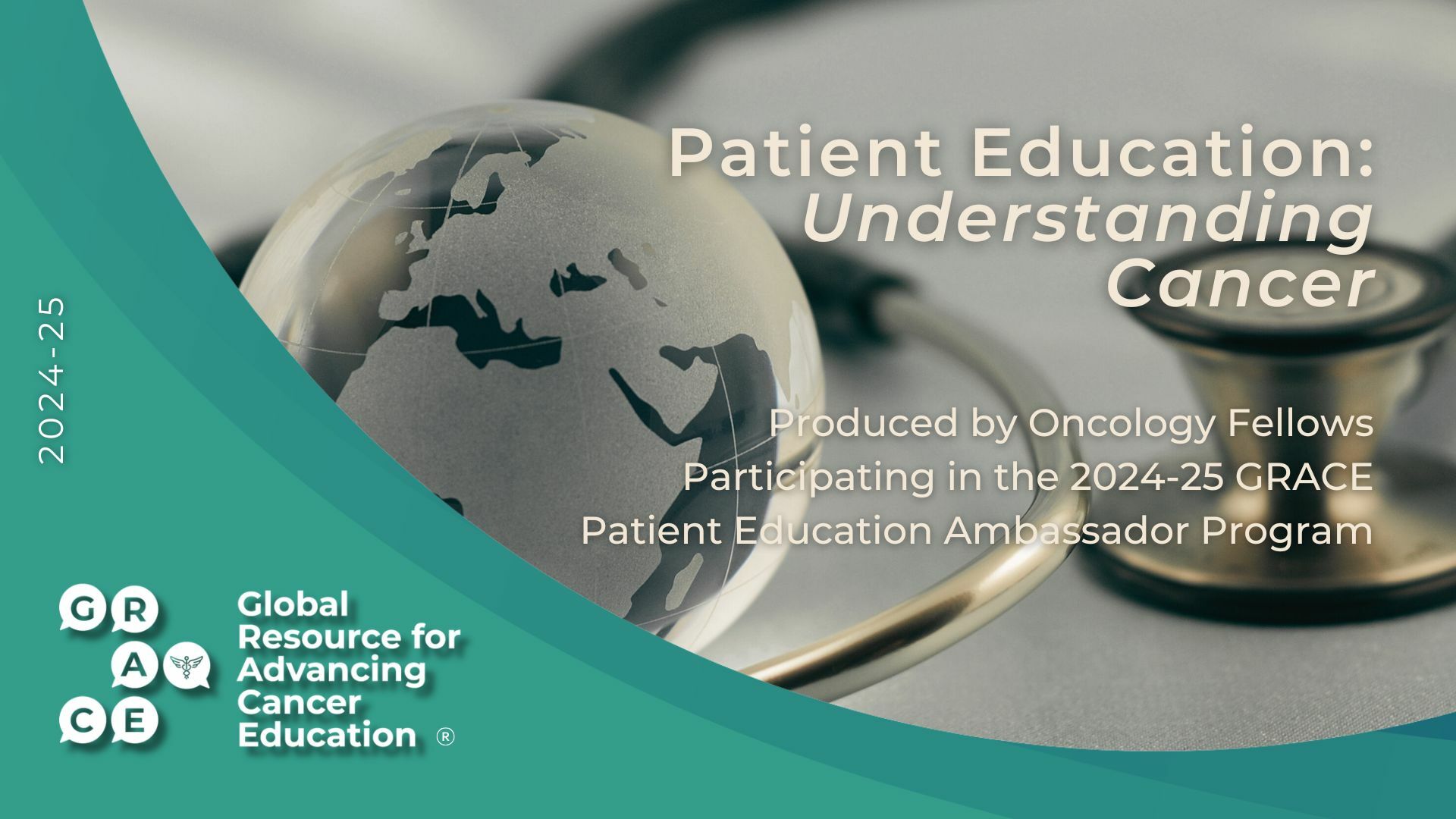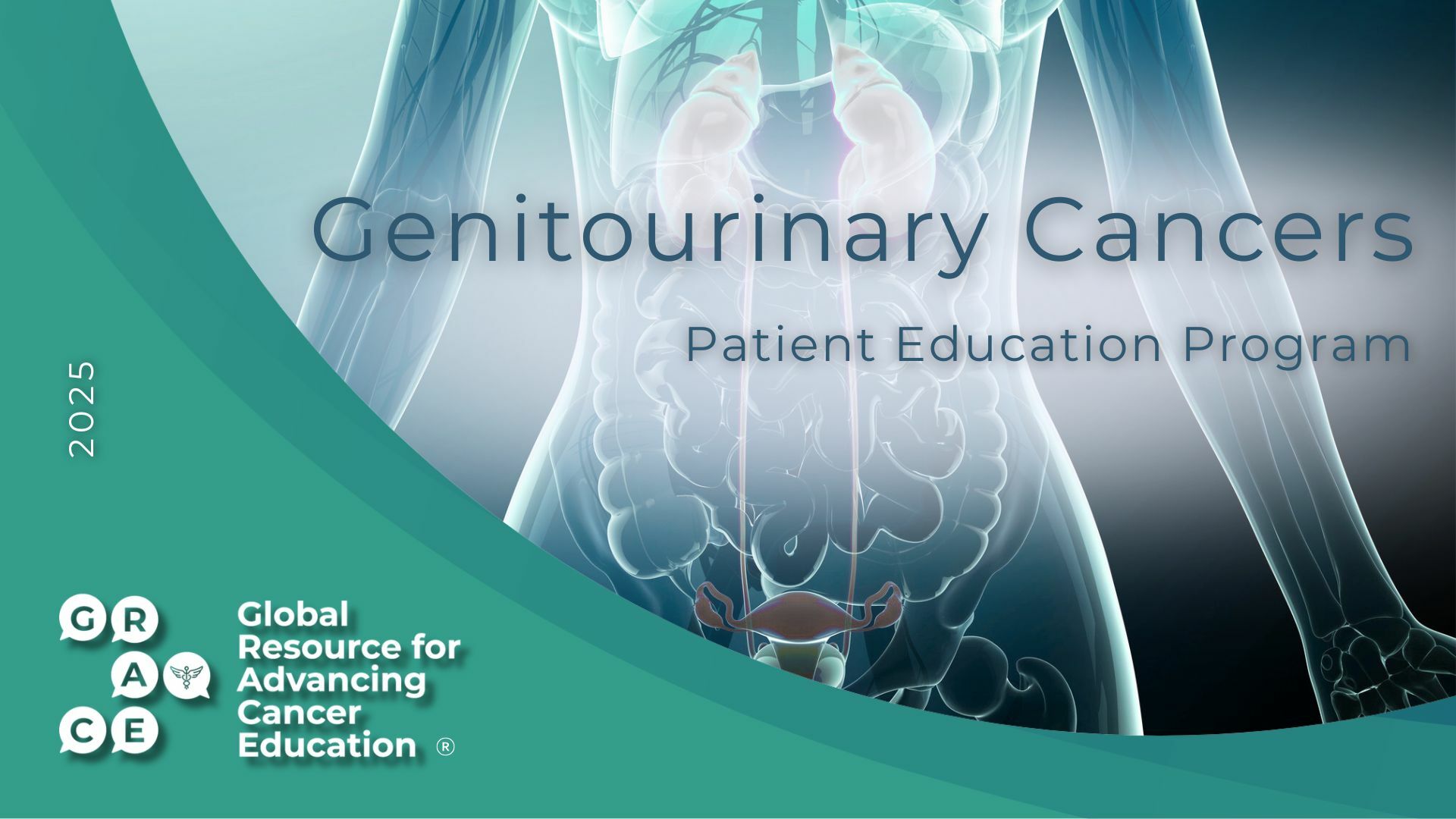Article and Video CATEGORIES

Is Palliative Care Right for You?
Submitted by JanineT Forum Moderator on Mon, 07/22/2019 - 12:36
From the Grace Archives | Originally published March 28, 2011 | By Dr Ramchandran | 5 Comments
In August of 2010, Jennifer Temel and colleagues published an article in the NEJM that showed that palliative care improves quality of life, symptoms, end of life care, and — lo and behold — overall survival. The survival benefit seen with the early intervention of palliative care for metastatic NSCLC patients was approximately 2 months, the same benefit seen with avastin. The press surrounding this news was immense, with scores of people commenting on it both in the lay press, as well as in the medical literature. As a palliative care physician and an oncologist, however, it made me stop and pause. The reason, I realized, that the Temel paper was making headlines was that survival was improved. Although survival is of tantamount importance, what was striking to me was that the other benefits of palliative care were not as touted- ie improved symptom control, improved quality of life, and improved end of life care.
While I was befuddled about this aspect, others were asking the question, “What is palliative care?” So I must backpedal. Palliative care is a “new-old” medical specialty. It is the newest “official” medical specialty, but its roots are quite simple. Palliative care is “good medicine.” The focus of this specialty is patient-centric care, tailoring medical care to patient goals and values. The approach is multidisciplinary, which is an acknowledgement that no single person can do this alone. Treatment focuses not only on the physical aspects of illness but also on the, social, psychological and spiritual. The goal is not only treatment of the underlying illness, but improved quality of life throughout.
Sounds great so far, right? However, what you should know is that the diversity in palliative care practice is vast. Palliative care is a new medical specialty, and thus the quality of programs is not standardized. Temel’s study used one of the most well renowned and best established palliative care teams in the country. This is not what we see in the rest of the United States. A study published recently on the integration of palliative care into our cancer centers showed an immense array of different programs, many of which do not have a true multidisciplinary team (a key facet of palliative care) or trained specialists. The bottom line is that you would not have a cardiologist administer chemotherapy, however at this time there is no guarantee that a palliative care physician has specific training in palliative care.
If there is a well established palliative care team at your cancer center, then I would recommend that you take advantage of this resource, and the earlier the better. There is clear evidence from multiple studies that palliative care improves overall symptom control, toxicity management, and psycho-social support. With a strong palliative care team, it is clear that they can help you live longer and better.
So I ask the question, is palliative care right for you? If you have cancer, and you have access to a strong palliative care team, the answer in my mind, is “yes”, and that it isn’t reserved for people who have exhausted their anti-cancer treatments.
(Of note, in some institutions the palliative care team goes by the term supportive care.)
5 Responses to Is Palliative Care Right for You?
Please feel free to offer comments and raise questions in our
discussion forums.






myrtle says:
March 29, 2011 at 5:29 am
Thank you so much for this post Dr. Ramchandran. I think for me, the most difficult part of the disease, has been trying to deal with all the side effects and feeling like I have to figure everything out on my own. For example, I really did not understand the consequences of large doses of pain medications and just thought my digestive system was not working because I was not eating. OMG, by the time I figured it out, I was miserable. I have since talked to folks who are given a regimen up front to prevent this from happening. On the emotional side, I was pretty much on the edge when I finally broke down in the doctor’s office and was given a referral to a social worker. I know my experience could have been less traumatic with someone to identify and help me deal with these things before they became a problem. It is not a reflection on my doctors or nurses, I do love them, but there needs to be a team effort to help patients manage this diagnosis and its toxic treatment affects. I remember reading an article a while ago that talked about how aggressively treatment side effects are treated in the pediatric setting and suggested this might by a key factor in their excellent survival rates. I do think there is something to it. So how do we move toward having good palliative care available for all patients?
Myrtle
Dr West says:
March 30, 2011 at 6:17 am
Interestingly, this topic of the expansion of palliative care services was the subject of an article that just came out in the Washington Post:
http://www.washingtonpost.com/national/hospitals-increasingly-offer-pal…
Terryl says:
April 3, 2011 at 11:25 am
I find it interesting that palliative care is always associated so closely with end of life care. Since being diagnosed at Stage IV in 2007, I have had nothing but “palliative” care/treatment, I am, after all, considered to be incurable. That being said I am in otherwise excellent health and have very little evidence of disease on CT. I have no doubt that without my “palliative” care, I would not be able to say that. As you imply in your first sentence Dr Ramchandran, it is no surprise to me that palliative care has improved my overall survival, but I am no where close to needing “end of life” care…..
Laya D. says:
April 3, 2011 at 9:00 pm
Thank you for sharing, Terryl. . .
I have to admit that my own personal views about hospice and palliative care have changed 180 degrees since my education at GRACE began just over a year ago. I no longer view this type of care as “giving up on the patient” or “end of life.” I think of it as prioritizing comfort, quality of life, and pain-management above or in conjunction with other types of medical care the patient is receiving. I’ve also learned that it is not a “cookie-cutter” issue/decision in many instances (in terms of when to trigger this type of care – - it is very much dependant on the individual patient).
Laya
Dr Pennell says:
April 4, 2011 at 2:19 pm
We are lucky enough to have a strong palliative care program at the Cleveland Clinic, and I have moved to have all of our new advanced lung cancer pts who are staying here for treatment also be followed by the pall med team.
I have found that by making this referral routine, part of every patient’s initial care often on the first day they start chemotherapy, we have removed much of the stigma of palliative medicine. I explain that the pall med team helps with symptom control and supportive care, and that this has been proven to improve quality of life and perhaps even survival. Who would argue with that? I have yet to have a patient refuse.